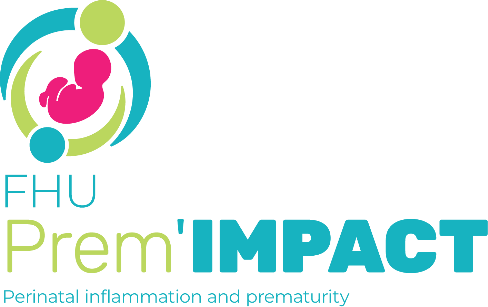Abstract
Mother’s own milk is the preferred source of nutrition for preterm infants due to its beneficial compounds, including human milk oligosaccharides (HMOs). HMOs support microbiota and immune development, but their effect on the preterm brain remains unstudied. Here, we examined the therapeutic potential of HMOs and short-chain galacto- and long-chain fructo-oligosaccharides (scGOS/lcFOS) in a preclinical model for encephalopathy of prematurity. Pregnant Wistar rats were injected with 10 μg/kg lipopolysaccharides at embryonic day 20, and pups were exposed to hypoxia (8% O2, 140 min) at postnatal day (P)4 (fetal inflammation and postnatal hypoxia; FIPH). From P1, FIPH-pups of both sexes were treated intragastrically with HMOs, scGOS/lcFOS (9:1), or water. Transcriptomic analysis of CD11b/c + microglia was performed at P6, while immunohistochemical, microbial and short-chain fatty acid (SCFA) analyses were performed at P20. Decreased cortical myelin in FIPH animals was rescued exclusively by HMOs. Furthermore, both HMOs and scGOS/lcFOS treatments normalized reduced parvalbumin+ interneuron numbers in the hippocampus, potentially through promoting beneficial bacteria, including Lactobacillus and Bifidobacterium, and cecal acetic acid content. Interestingly, treatment with HMOs more effectively restored FIPH-induced upregulation of microglial genes associated with immune activation and normalized persistent activated microglial morphology in FIPH-males. HMOs supplementation holds promise to improve neurodevelopmental outcomes following preterm birth.
